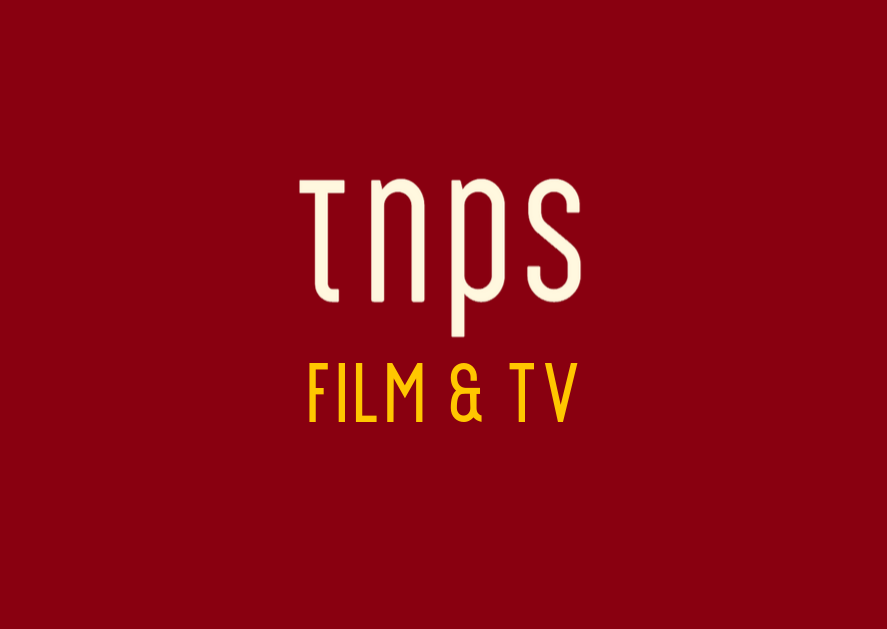The proposed new TV series is chance to refresh Harry Potter and create a wizard hero fit for the twenty-first century. The big question is whether JK Rowling has that vision.
Over at Wired, Angela Watercutter has little time for the proposed new Harry Potter TV series.
And not just because she disagrees with JK Rowling’s “transphobic” views, although as Watercutter says, there may be challenges casting for the new series in light of statements Rowling has made.
That’s a debate all of its own, and one I can only skirt around here.
The separation of art and the views of its creator has long dogged us, and we see it manifest itself in different ways depending on the value we assign to the work and the acclaim in which the creator has in the past or has until recently been held.
Enid Blyton, Roald Dahl, David Walliams, Sir Arthur Conan Doyle, Agatha Christie, Wagner…
Is the perceived of-its-time racism of Enid Blyton or the contemporary racism of David Walliams, more or less objectionable than the views Rowling has expressed?
In all the examples above the creators work live on, and in the case of Walliams, the only one still alive from that very small sample, there seems no modern-day penalty beyond the wrath of some literary and publishing commentators. The new releases still top the charts, and booksellers and libraries continue to make these books available.
Will Rowling be any different? It would seem not. Her existing works show no signs of serious strain in light of her opinions as expressed, and the very fact the new TV series is being touted at all by Warner Bros Discovery suggests art will again rise above its creator.
Made easier here by that, unlike in the examples of Blyton and Walliams, the authors views do not pervade the text.
But Watercutter’s article, while cycling back round to Rowling’s opinions in its conclusions, asks a quite separate question: “Who needs this?”
And here. Watercutter gets into an again important but distinct debate about reinterpretation and regurgitation of existing works.
The new TV project, Watercutter explains, “will turn Rowling’s seven Potter novels into a series that will run for a decade. All the main characters will be recast, and the series, in theory, will allow Max to adapt the books in more detail than the Warner Bros. feature films did.”
Watercutter sees this as unnecessary and “lazy”.
“The eight Potter movies that already exist run nearly 20 hours as it is. Sure, some things were glossed over or left out, but fans dying for more content also have a Broadway show, a theme park, a video game, and the entire Fantastic Beasts film series to visit if they really need more Wizarding World.
“Truly, that should be enough. Spending 10 years retelling a story that’s already been told ad nauseam is just lazy.”
There are so many issues here it’s hard to know where to begin, but let me start with the notion that Broadway and theme parks are somehow universally available to Potter fans. Obviously they are not, and only a tiny, tiny, tiny fraction of Potter fans will ever get near either.
Watercutter also seems not to understand the generation gap here.
The primary audience for this new TV series will be the new generation of kids for whom the films are ancient history. Sure, they can watch them ad nauseum on DVD or streaming platforms, but for kids born in the 2010s, watching these “old films” is not contemporary video so much as historical costume drama. Perhaps not so much at Hogwarts, where the costumes are of course integral to the story, but in the Muggles world where the story begins and often returns.
We all love historical costume drama, of course, and for my generation the TV reruns of the Sherlock Holmes classics starring Jeremy Brett seemed to be the pinnacle of the Conan Doyle canon’s transition from book to screen. Until, that is, BBC Sherlock came along and blew our minds with Benedict Cumberbatch showing us a whole new incarnation. And that only to be succeeded by the CBS Elementary series with Johnny Lee Miller.
The point being, real fans of any work of art cannot get enough of it, and Rowling’s personal views not withstanding, Harry Potter is unlikely to be any different.
One of the problems here is that the books date less quickly than the films.
While first written in the 1990s, there is little in the books that pin a date down, yet no-one could mistake the story as being contemporary. No mention of internet or mobile phones when young Harry first begins his journey, and the owls delivering letters is of its time, and in the books that really doesn’t matter so much, although the problem is with hindsight addressed by Rowling.
Wizarding World even attempts, years later, to justify the time-lapse world of Hogwarts by arguing wizards don’t need Muggles technology.
Of course that argument rather falls down in the face of the need for trains and at least one car to get from A to, well, H.
And while the bulk of the storyline may be at Hogwarts, where magic is superior to Muggles technology, there are many scenes outside Hogwarts – not least at Harry Potter’s home – where any TV take on the story that doesn’t bring the modern world into play is going to feel like a historical drama.
If the new project is to be just a rehash of the films, Watercutter will have a point. This will be lazy and contribute little to the canon. But that’s too soon to call.
The proposed new TV series is chance to refresh Harry Potter and create a wizard hero fit for the twenty-first century.
The big question is whether JK Rowling has that vision.
#HarryPotter #JKRowling #controversialauthors #childrensbooks #childrensTV #childrensliterature





